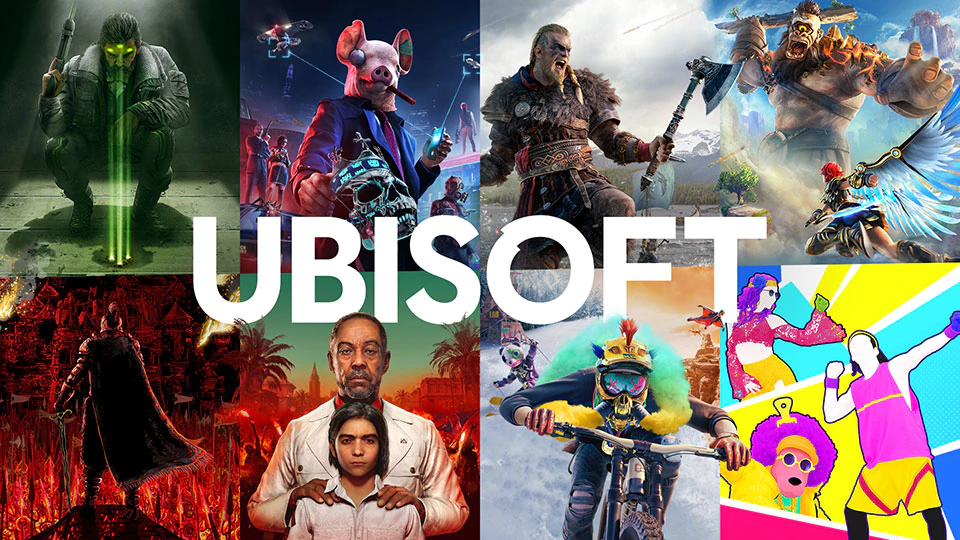In a resounding declaration of discontent, over 700 unionized employees from Ubisoft’s French studios have initiated a coordinated strike, signalling deep-seated grievances within the renowned gaming company. The strike, organized by the French game workers union, STJV, emerged as a response to the breakdown in annual salary negotiations, intensifying concerns over employee compensation within Ubisoft.
Ubisoft, a stalwart in the gaming industry with a legacy spanning back to its establishment in France in 1986, has garnered global acclaim for its array of captivating titles, including Watch Dogs: Legion, Assassin’s Creed Valhalla, Far Cry 6, and Immortals Fenyx Rising. Despite its prominence, recent years have posed challenges for the gaming behemoth, with projects encountering delays and cancellations, culminating in a notable 10% decrease in Ubisoft’s stock price on the Dow Jones.
The strike, which unfolded on February 14th, reverberated across Ubisoft’s Paris, Montpellier, Annecy, Lyon, and Bordeaux studios. At its core lay the discontent among employees regarding the adequacy of salary increases, with the STJV decrying Ubisoft management’s purportedly insufficient offers for two consecutive years. The union further criticised the imposition of cost-cutting measures despite the company’s sustained profitability, asserting a misalignment between Ubisoft’s financial prosperity and its treatment of its workforce.
This demonstration of collective action underscores a broader pattern of employee unrest within Ubisoft, echoing the sentiments voiced by ABetterUbisoft, an employee-led organisation that emerged in 2021 following allegations of sexual misconduct within the company. The strike serves as a tangible manifestation of employees’ demands for equitable treatment and fair compensation, echoing broader concerns within the gaming industry regarding job security and labour practices.
Notably, Ubisoft’s plight is not an isolated incident within the gaming sector. Recent months have witnessed a wave of layoffs across industry giants, with Microsoft’s decision to downsize its workforce by 1,900 individuals, primarily affecting positions within the Activision Blizzard conglomerate, serving as a stark illustration of the challenges faced by gaming professionals. Against this backdrop, Ubisoft’s dismissal of 60 employees without prior notice last year further underscores the pervasive nature of these issues.
As the gaming industry grapples with mounting scrutiny over its treatment of employees, the onus falls upon industry stakeholders to address these concerns proactively. The convergence of employee strikes, layoffs, and broader structural challenges necessitates a concerted effort to cultivate a more equitable and sustainable environment for all stakeholders involved. Failure to do so risks further exacerbating tensions and undermining the industry’s long-term viability.
In conclusion, Ubisoft’s employee strike represents a pivotal moment in the ongoing discourse surrounding labour practices within the gaming industry. The mobilisation of over 700 employees underscores the urgency of addressing grievances regarding salary disparities and job security. As industry leaders navigate these challenges, the imperative remains clear: to foster an environment that prioritises the well-being and equitable treatment of its workforce, safeguarding the industry’s integrity and longevity in the process.


